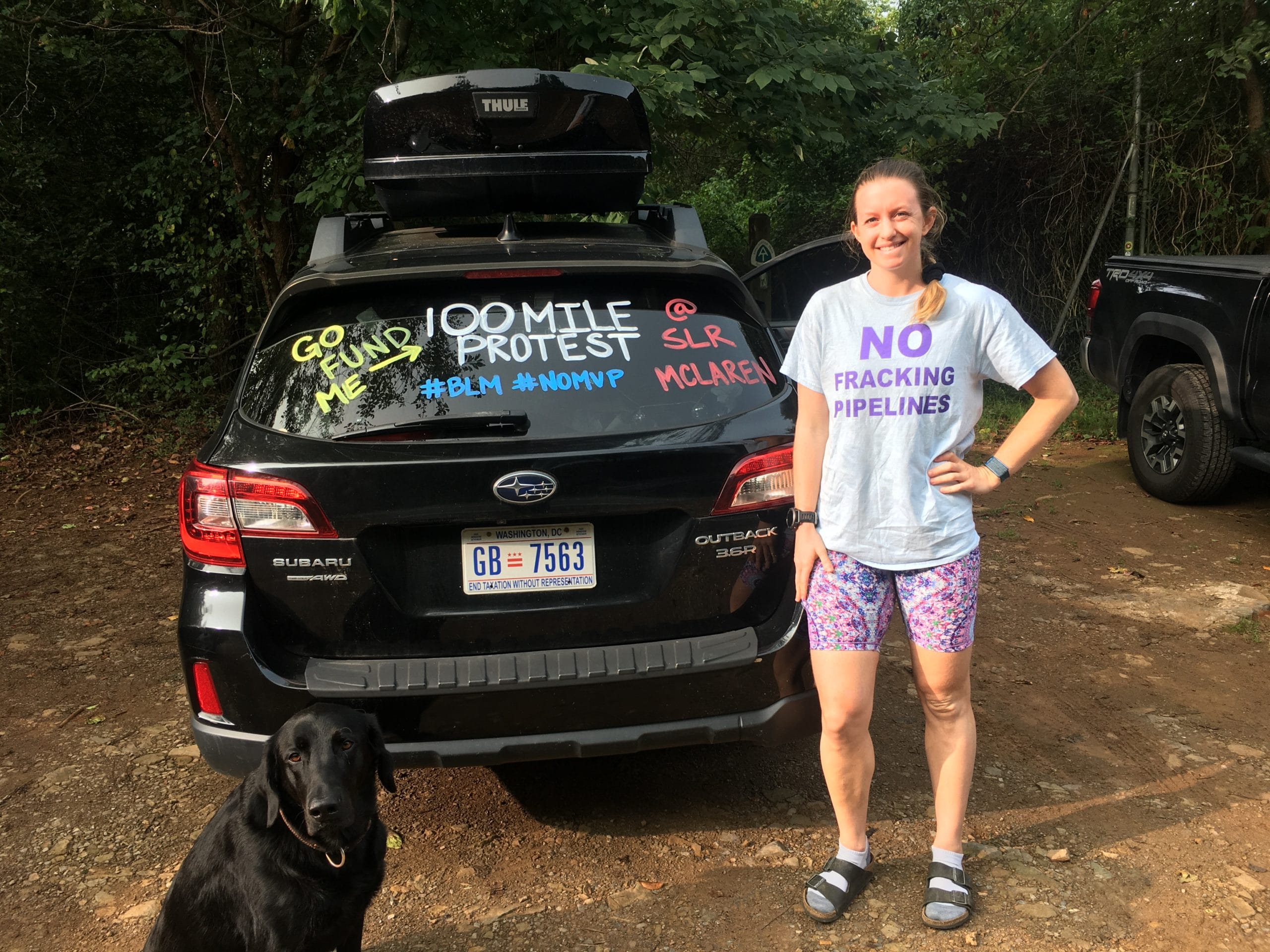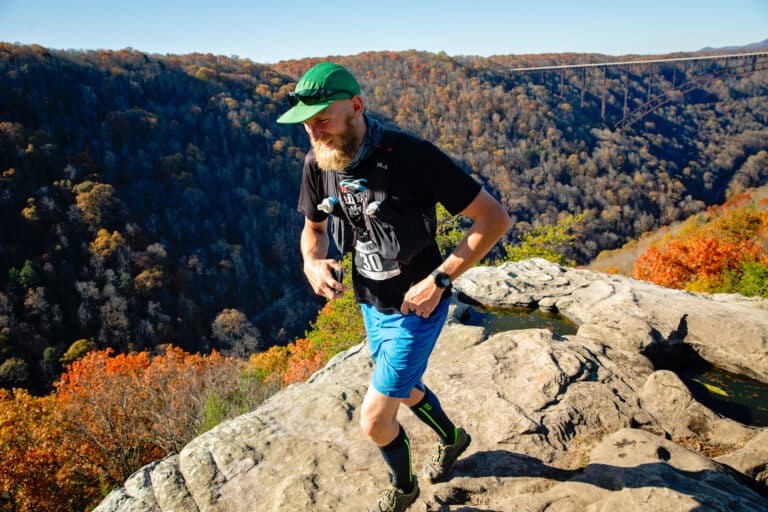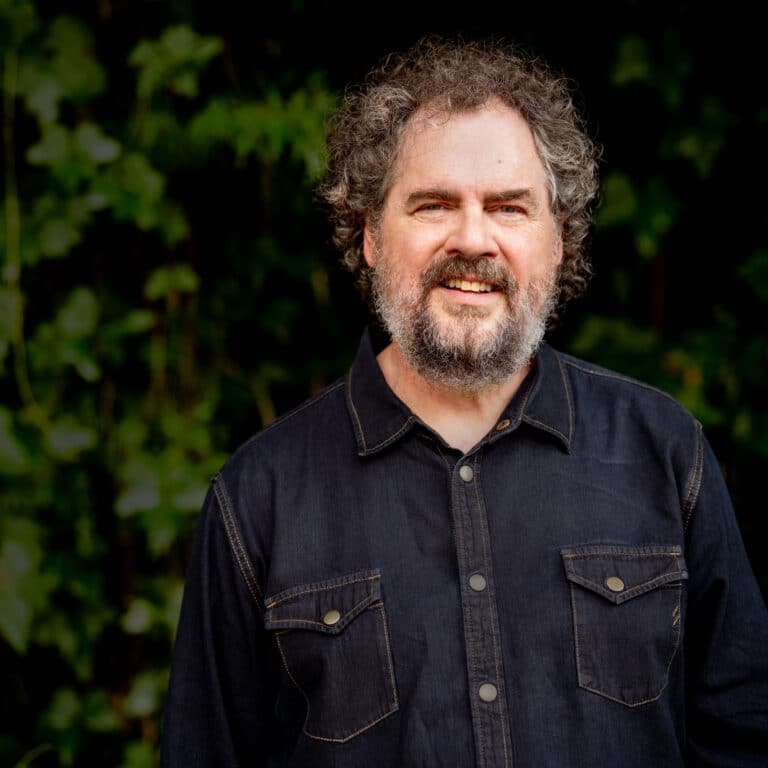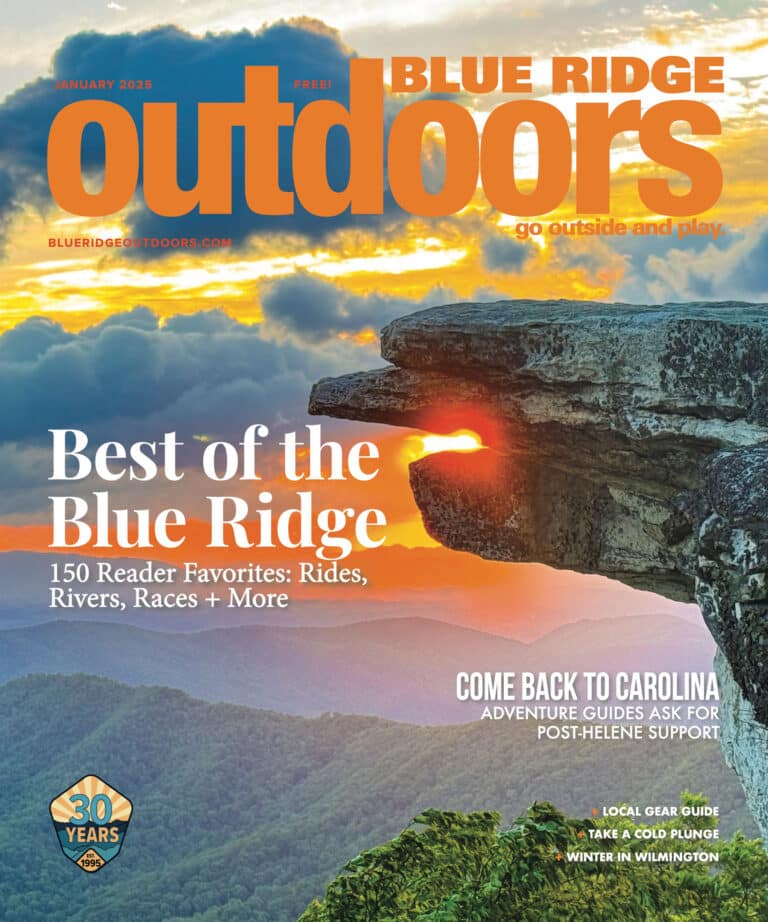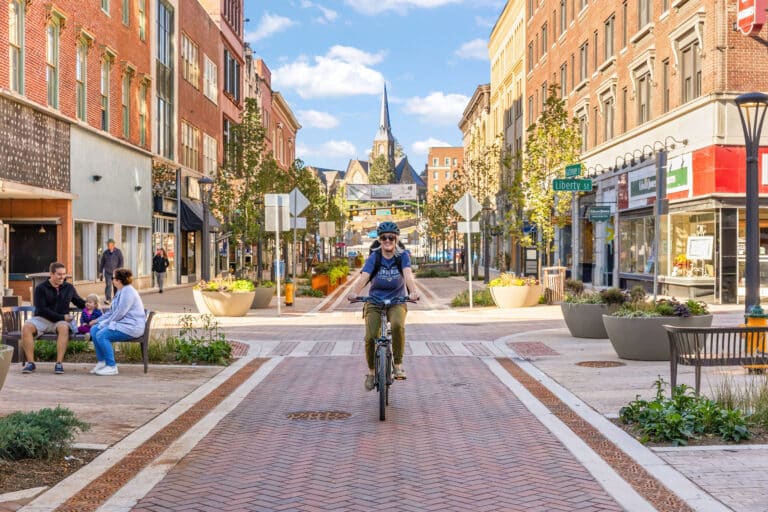Mercedes Walters is running long distances in the mountains to raise awareness for the environment and the racial justice movement.
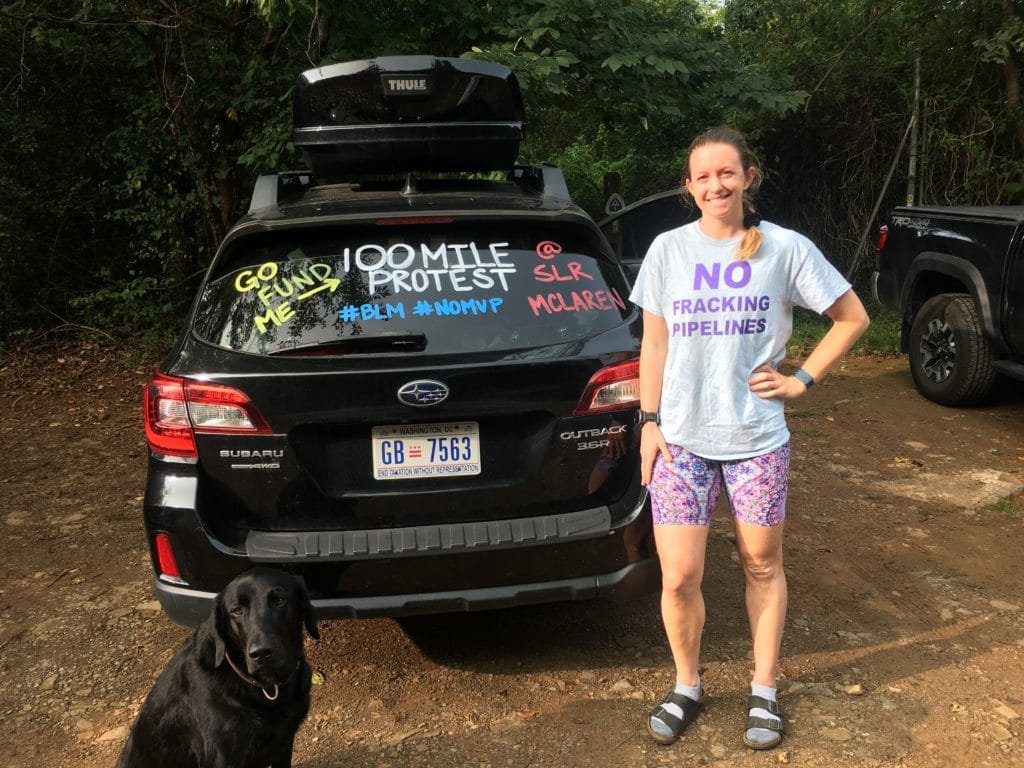
Last year on a mid-September night, Mercedes Walters ran through the darkness, deep in the mountains of Virginia’s Shenandoah National Park. The shimmer of a headlamp revealed only a few feet of trail in front of her, and the only sounds she could hear were leaves crunching below her feet and the panting of her own breath.
Her goal was to run 125 miles on the Appalachian Trail through the park, but the endurance effort had a greater purpose—to protest the controversial Atlantic Coast Pipeline (ACP). After learning that Dominion Energy was planning on constructing the pipeline just 10 miles south of Shenandoah National Park and across the Appalachian Trail, Walters wanted to take action.
“As a trail runner living in Wintergreen, Va., and Washington D.C., I fell in love with the trails and the environment that was my backyard,” Walters wrote on a GoFundMe page. “These ecologically diverse hills deserved to be preserved and the water that a majority of the population in the Virginia hills rely on needed to be kept clean and clear of threat.”
Along with protesting the pipeline, Walters used her first attempt at a 100-mile-plus run to raise money for the Virginia chapter of the Sierra Club and Black Girls Hike RVA, a local hiking group focused on inclusivity in the outdoors.
“When I started doing more research on the pipeline, I realized that it was going to majorly impact lower socioeconomic neighborhoods, which were primarily Black communities in Virginia,” Walters said. “I wanted to do something that was outside of myself to make it more meaningful. If I was going to put my body through this, I wanted to do something purposeful.
In July, when Walters was still training, he plans changed when the ACP project was canceled due to inflated costs and increased resistance from conservation groups.
Walters decided to press on, instead using her run to celebrate the grassroots diligence that helped stop the ACP and raise awareness about a similar project, the Mountain Valley Pipeline (MVP), a proposed natural gas pipeline that if built will run for over 300 miles between northwestern West Virginia and southern Virginia.
So around 9:30 p.m., on September 14, Walters set out to attempt the 125-mile run, but it didn’t go as planned.
“I was feeling great until mile 17 to 20,” she said. “After that, it was just all falling apart, and it was kind of like a waiting game of when my body was going to decide to be done.”
Walters had been struggling with overtraining syndrome, causing severe exhaustion, poor sleep, muscle pain, and depression. So she wasn’t completely surprised that her body was starting to shut down at mile 20. Her passion for the cause is what helped push her to complete 55 miles, the longest run of her life.
“One of the things I learned is that if you put in the work and take care of yourself, you can do anything you want,” Walters said recounting her recovery. “(I’d) done 50 miles before, so 55 doesn’t seem like that much of a difference. But what was a bigger accomplishment for me was the amount of time I ran. I ended up running like 18 hours, whereas previously, the longest I had run was 14. So an extra four hours was an exciting push on my endurance.”
Even though she wasn’t able to complete the full 125 miles, Walters’ long run through the night generated enough support for her to donate $865 to fight against the construction of MVP and support Black Girls Hike RVA.
“It was really cool to do something like this and see it flourish with all the people who wanted to contribute something to this important cause,” Walters said.
Recently the U.S. Forest Service approved the Mountain Valley Pipeline’s request to pass through the Jefferson National Forest for the second time. It was the last remaining federal permit needed for the buried natural gas pipeline that is behind schedule and currently over budget. The permit allows the pipeline to intersect 3.5 miles of the Jefferson National Forest.
Conservation groups are petitioning the federal court of appeals, and meanwhile Walters is organizing a running relay that will cover the entire length of the MVP.
